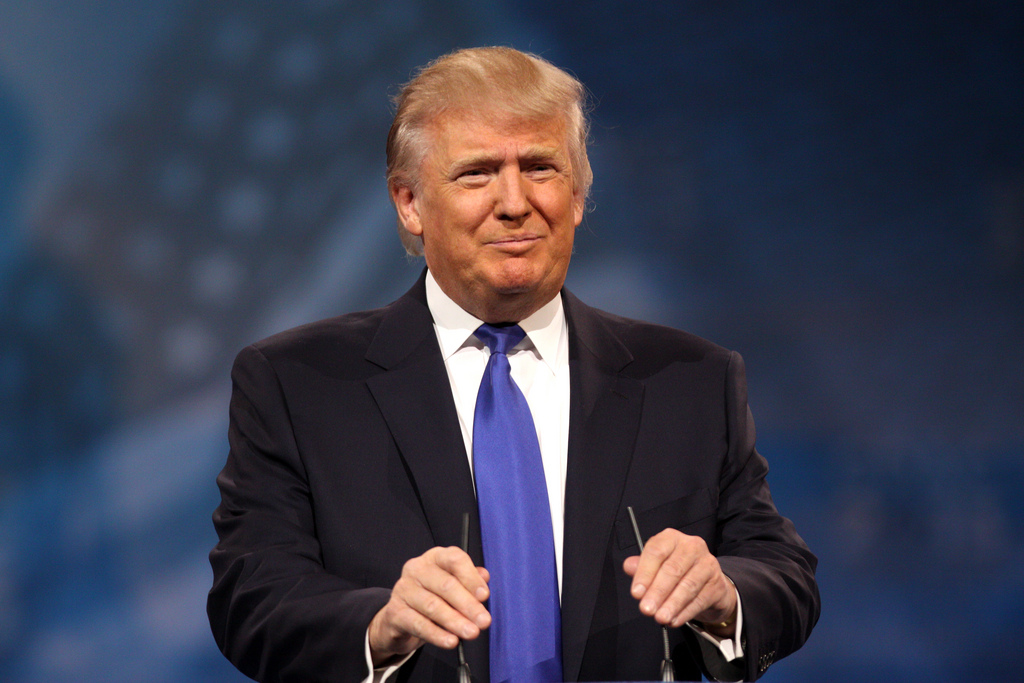Currency markets had priced in a Hillary Clinton win at this year’s US presidential election. Indeed, Clinton won the popular vote, but it was Trump who secured the majority of electoral votes required to land him the US Presidency – a contradiction that was not taken into account by polling data in the run-up to the elections.
Impact of Trump win on US dollar and other currencies
The result of the presidential race caused initial weakness for the dollar, which plummeted against major currencies such as sterling. However, Trump’s promised policies – particularly those that could boost inflation and encourage interest rate hikes – helped the dollar to recover some of its losses.
The sterling-dollar cross performance following the result on 9th November is a prime example of this. Sterling-dollar strengthened against the US counterpart in the run-up to the election results, and continued to push further upon the announcement. However, markets readjusted, the certainty of the election result helping the dollar to claw back some gains.
The euro-dollar cross, however, was a different story altogether. The dollar strengthened against the euro in the day leading up to the elections. The euro-dollar cross closed at €1/$1.0920 on the day of the election and continued to fall the day after, with some analysts even suggesting that the pair could reach parity.
Looking at other markets, the US dollar has been strengthening against a range of emerging market currencies, which causes problems for importers in those regions. The Indonesian rupiah fell to a five-month lows by 3% against the US dollar, while the Malaysian ringgit fell to its lowest level against the US dollar since 2015.
Uncertainty in currency markets
Given the breadth of unknown factors that could affect the US economy, uncertainty is likely to dominate the currency markets over the short and medium-term as President-elect Trump finalises his policies.
Unfavourable rates will have an impact on a company’s profit and bottom line. This uncertainty makes it crucial for companies with upcoming international payments to mitigate their risk in advance, in order to protect their profit margins.
How businesses can protect their profit margins
In order to minimise exchange rate costs, a company should know its budget rate, understand the consequences of currency fluctuations, ensure that currency exchange rates and charges are competitive, get updates on market movements from currency experts, and be aware of the solutions available to manage business risk.
Solutions include a range of hedging products which allow a business to book a specific currency exchange rate for future use. This will be the rate that they transact at for a specified international payment, whatever happens to live rates. Different products offer different conditions as to how businesses can tap into pre-arranged rates.
To find out more about the different currency solutions available to UK businesses, find out more from our partners at Smart Currency Business.























